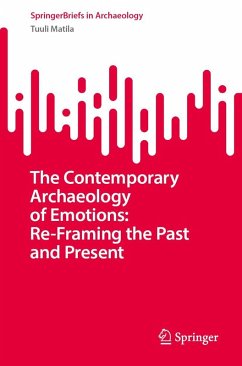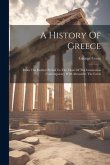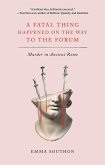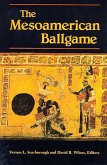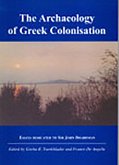This SpringerBrief examines emotions in the past through contemporary archaeological materials. The author explores this topic using the context of a former working-class neighbourhood in northern Finland that existed during the Cold War era (1947-1987). Finland offers an interesting context to examine this because of the twofold emotional frames; the Cold War and capitalism versus the nascent welfare state. The push and pull between the values emphasizing universal care and compassion against the hardline militarisation and financial competition results in accessing different and, sometimes, contradictory emotions. It also affords a gendered view into the past and such an angle could be attempted in the context of the deep past as well.
This book offers several examples on how emotions could be accessed in the deep past and draws parallels between the examples from a contemporary 'western' country and various archaeological cultures and contexts. Emotions can be a bridge to access the secrets of human behavior. Such bridging is the core strength of archaeological education, but rarely are emotions acknowledged in the process. Lastly, this book underlines the role of emotions, specifically empathy, in archaeological education and in destabilizing contemporary political notions on social norms and contracts.
This book offers several examples on how emotions could be accessed in the deep past and draws parallels between the examples from a contemporary 'western' country and various archaeological cultures and contexts. Emotions can be a bridge to access the secrets of human behavior. Such bridging is the core strength of archaeological education, but rarely are emotions acknowledged in the process. Lastly, this book underlines the role of emotions, specifically empathy, in archaeological education and in destabilizing contemporary political notions on social norms and contracts.

